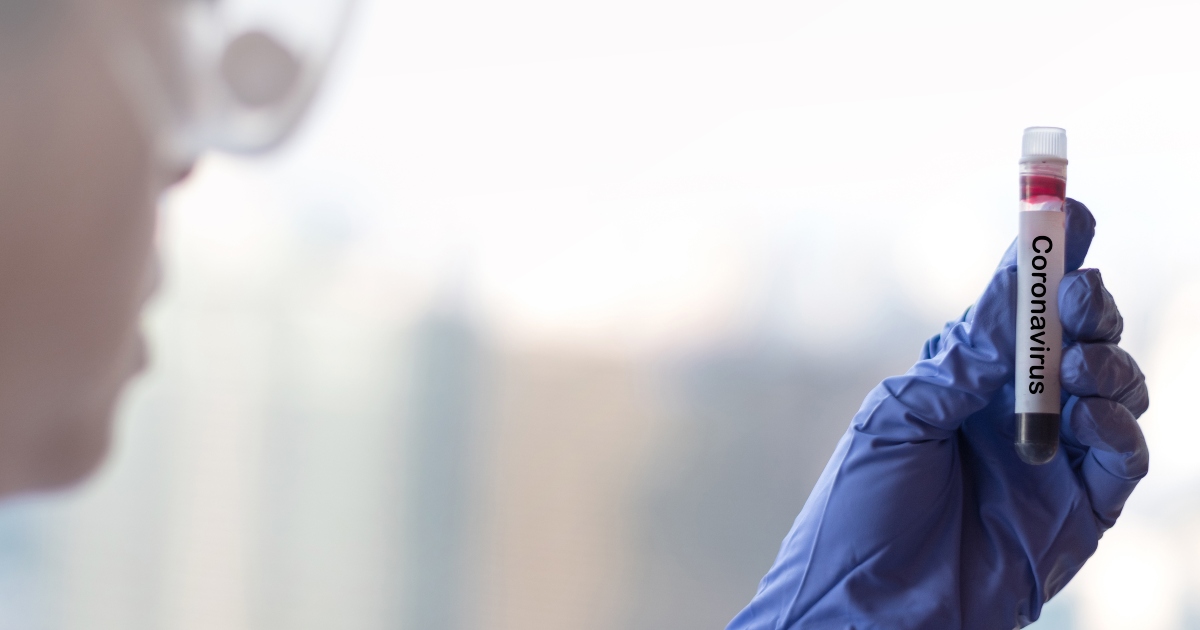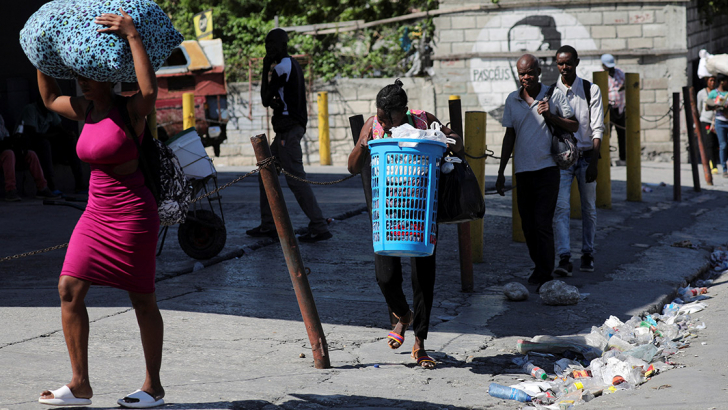
The so-called ‘infodemic’ is an excessive amount of both correct and incorrect information which is currently prevalent due to the Covid-19 emergency. Some of this information has caused confusion for those already suffering with diabetes, by categorising them as being ‘at an increased risk' for contracting the SARS-CoV-2 virus. These days, those at the helm of scientific diabetes-related research and care are inundated with calls from people with diabetes. It is for this reason that qualified experts from the combined Italian organizations of SID (Società Italiana di Diabetologia), AMD (Associazione Medici Diabetologi) and SIE (Società Italiana di Endocrinologia) have decided to establish a toll-free number for people with diabetes so they can ask questions and get competent answers. Thankfully, on the scientific side there is some reassuring news.
A team from the University of Padua performed a meta-analysis by combining the data reported in 12 Chinese studies (taken from a total of 2,108 patients) and some preliminary Italian data.
The results of the research by the University of Padua and VIMM (Veneto Institute of Molecular Medicine) show that among those who had contracted the infection, the percentage of subjects with diabetes was no higher than those in the general population who are not diabetic.
Normally, people with diabetes have a higher risk of developing complications during any acute disease, including infections and the results of this study has confirmed this remains true. Among people in poor condition with the COVID-19 infection, the prevalence of diabetes was higher. As expected, in the case of an infection, people with diabetes are at a greater risk of experiencing complications. However, it is important to note that patients with in the worst of conditions are on average quite elderly and also affected by other pathologies. Therefore, at the moment, it is not possible to establish how diabetes really contributes to the determining prognosis of the new coronavirus infection.
The authors of the research therefore conclude that "diabetes does not increase the risk of contracting the SARS-CoV-2 infection, but doctors must be aware that greater attention should be paid to diabetic patients who test positive with the virus.”
Prof. Francesco Purrello, President of the Società Italiana di Diabetologia, Dr. Paolo Di Bartolo, President of the Associazione Medici Diabetologiand Prof. Francesco Giorgino, President of the Società Italiana di Endocrinologia have stated that, “This study helps to clarify the relationship between diabetes and COVID, an issue which is generating great concern among people with this chronic condition, including 4 million Italians. The results clearly demonstrate that people with diabetes are not at an increased risk of contagion. However, they must be cautious, just like we and the rest of the population must scrupulously follow the prevention measures repeatedly reaffirmed by the Italian Ministry of Health and the Italian National Institute of Health. Such prevention measures include social distancing, such as staying home, maintaining at least one meter of space away from others, refraining from contact with people with respiratory symptoms (coughing or sneezing), and washing (or disinfecting) your hands frequently. In the event that a person with diabetes contracts the COVID-19 infection, doctors will need to be more vigilant to manage the increased risk of complications to which this population is exposed to."




